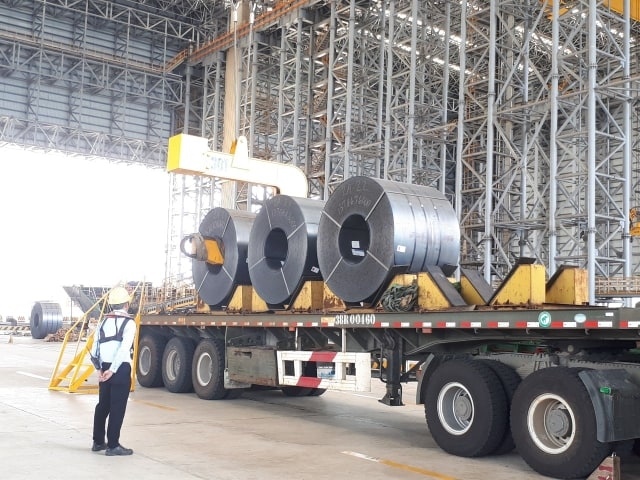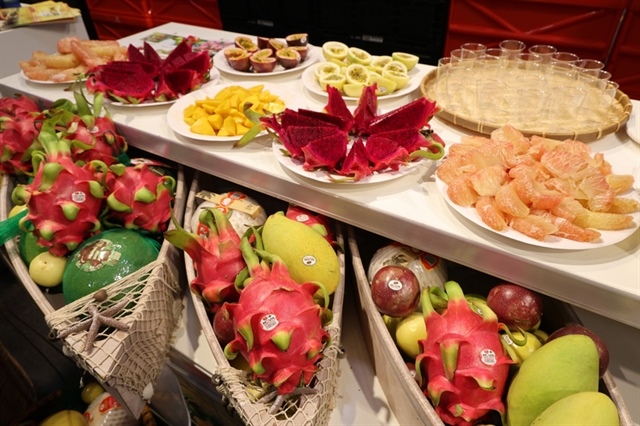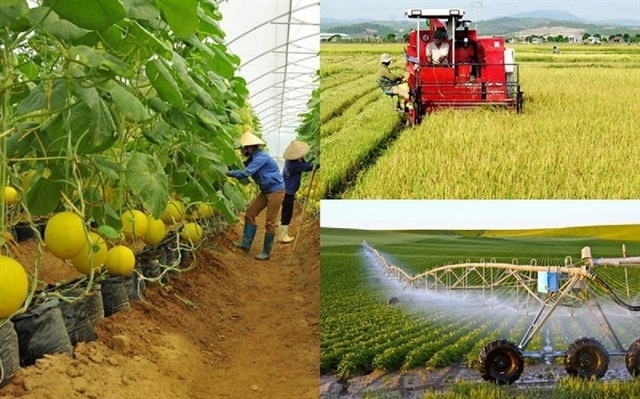Small home appliance manufacturers struggle to gain domestic market share
Small home appliance manufacturers struggle to gain domestic market share
The Vietnamese home appliance industry is luring in numerous foreign manufacturers from Thailand and China, making it harder for domestic enterprises to gain significant market share in this field.

The new appearance of Vietnamese brands
In the past two years, the home appliance industry in Vietnam was taken by surprise by the appearance of Vietnamese brands, such as VnTech, Asanzo, and Korihome. Although these domestic enterprises are small and not as popular as industry giants like Benny, Philips, Elmich, Kangaroo, Bluestone, Gowell, Sunhouse, and Goldsun, they are forecasted to gain strength and become formidable competitors in the long term.
Established in 2016, VnTech is a joint venture of Vietnam Electrical Technology-Electronics Company Limited, Vietnam Home Appliances JSC, and Cong Hoan Commercial Services Cooperative. VnTech targets to focus on the affordable home appliance market.
Asanzo is also a Vietnamese brand that was launched in 2014. To date, the company has developed several simple products, such as super-speed electronic kettles and rice cookers.
Meanwhile, the Korihome brand of Tecomen JSC is a luxury home appliances brand with smart technology and modern design. Its two main product lines are RO water purifier and South-Korean-style home appliances.
Le Khac Hoa, founder of VnTech, who used to be a distributor for Kangaroo and Sunhouse JSC, said, “If I had kept being a distributor for other brands, people would not be impressed by what I have done. Along with the integration to the world economy, Vietnam should have some domestic brands to compete with regional brands from Thailand, Malaysia, Indonesia, which are considered the capitols of home appliance manufacturing in the world.”
To have improve competitive capacity, VnTech plans to call for investment from individuals and organisations. According to Hoa, a number of Lao investors have been promising to invest several billions of dollars to help VnTech expand its business in Laos and Cambodia in 2018.
“We choose to expand in Laos and Cambodia because competition in these markets is not as intense as in Thailand and Malaysia. Their citizens’ incomes are also in line with our affordable products,” Hoa said.
However, Laos and Cambodia are also regarded as potential markets by home appliance manufacturers from Thailand who may be very strong competitors. Thus, VnTech plans to focus on its target customers, the low-income segment in northern Vietnam.
High potential, high competition
Regarding revenues in 2016, Kangaroo took the leading position with about VND2 trillion ($88 million), which mainly derives from its water purifier products. Sunhouse stood at the second rank with about VND1.8 trillion ($79.2 million). However, when it comes to revenue from home appliances only, Sunhouse held the biggest market share of about 8 per cent in the Vietnamese market.
The Ministry of Industry and Trade estimated that the domestic home appliance market is worth $15 billion. This market holds great potential because of the young population, and the increasing number of students studying far from their homes. Besides, these students also have higher incomes than in the past. Thus, many foreign brands from Thailand, Japan, South Korea, Taiwan, and Germany have entered the market.
According to Hoa, domestic enterprises hold about 80 per cent of the market share, while foreign brands hold about 20 per cent only. However, most home appliances distributed by domestic enterprises are imported from China.
Duong Van Quang, head of the Department of Commerce in Zhangjiang city, Guangdong province, China, expressed interest in cooperating with Vietnamese enterprises in the home appliance industry. In addition, Zhangjiang city is studying Vietnamese investment policies to launch a factory in Vietnam.
According to Nguyen Xuan Phu, chairman of Sunhouse, the home appliance market neither requires the application of high-technology nor is it labour intensive, while abundant labour is an advantage of the Chinese market. Besides, in the coming period, labour costs in China will increase because people’s incomes are being enhanced, so China will not be able to continue its strategy of cheap labour. At the time, Vietnam may replace China as a potential exporting market.
Still, Phu said that the big challenge for domestic enterprises will come from overseas competitors from Thailand, South Korea, and China, due to the tax exemption prescribed by Vietnam’s various trade agreements. Besides, the domestic market requires diversified products, which is a weakness of Vietnamese enterprises.






















